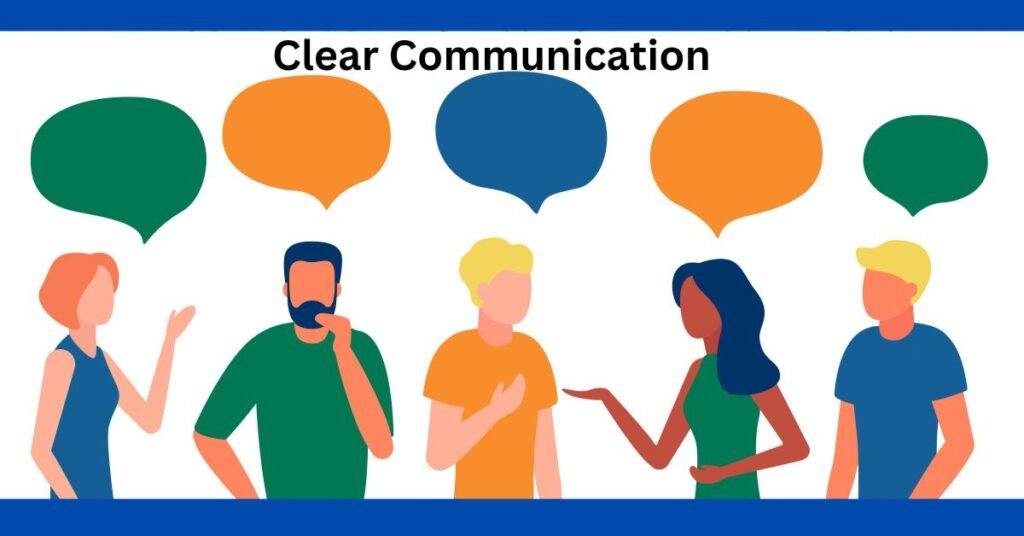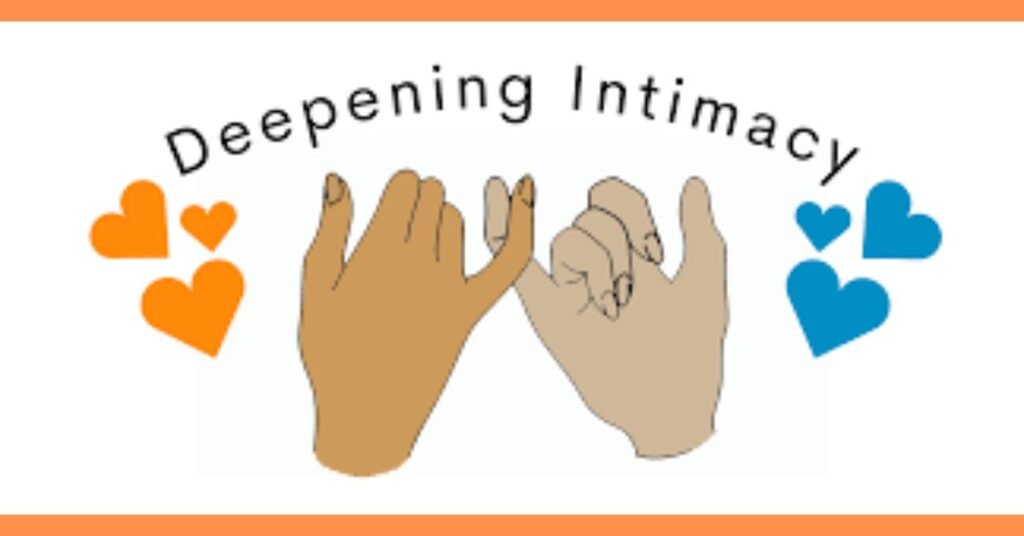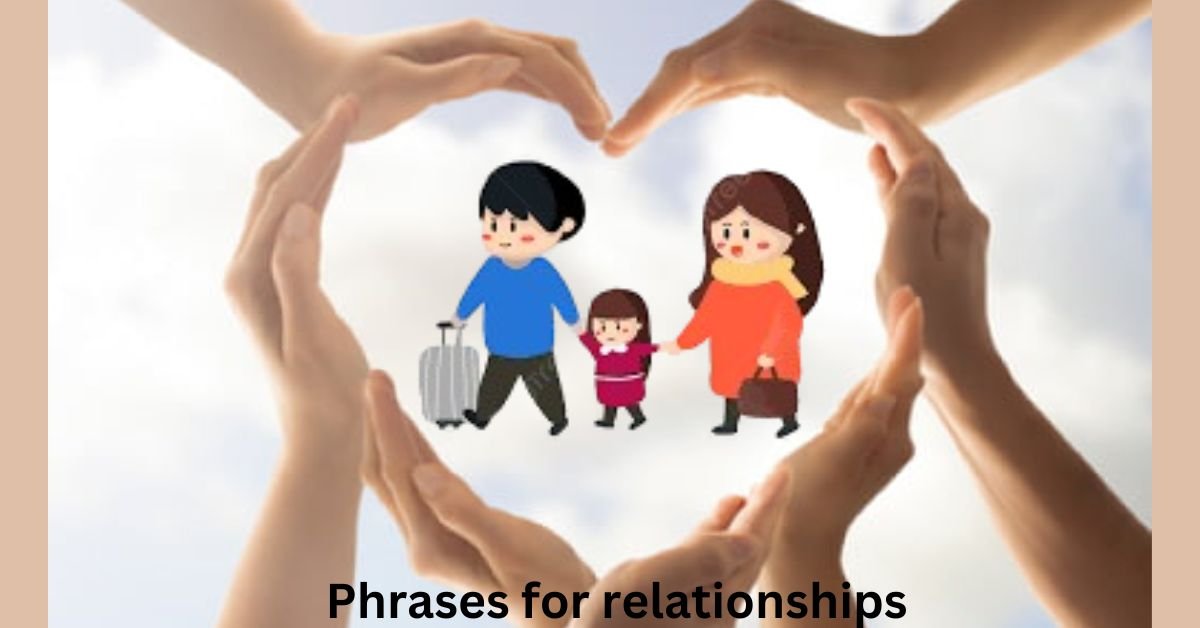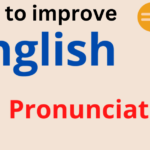Phrases for relationships
Phrases for Relationships. They may seem like simple strings of words, but their power to build, strengthen, and mend connections can’t be overstated. Phrases for Relationships can express love, support, and appreciation. Phrases for Relationships can also help navigate conflict and set healthy boundaries. Whether you’re seeking to deepen a friendship, reignite a romance, or simply show someone you care, the right phrases can make a world of difference.

This guide explores 35 powerful phrases for Relationships, along with explanations and examples to help you use them effectively in all your interactions. From acknowledging someone’s feelings to offering support and expressing gratitude, these phrases can be the building blocks of stronger, healthier relationships.
Building Trust and Connection
- “I hear you.” (Empathy)
Meaning: Acknowledges and validates someone’s feelings without judgment.
Example: “You sound frustrated about work. I hear you.”
Use When: Someone is expressing themselves emotionally.

- “Tell me more about that.” (Active Listening)
Meaning: Encourages the other person to elaborate and demonstrates genuine interest.
Example: “You mentioned missing your family. Tell me more about that.”
Use When: Someone mentions something interesting or challenging.
- “I can see why you feel that way.” (Understanding)
Meaning: Shows you’re trying to understand their perspective, even if you disagree.
Example: “I can see why you’re hesitant about the new job. It’s a big decision.”
Use When: There’s a disagreement or a difference in opinion.
- “What can I do to help?” (Support)
Meaning: Shows you’re willing to offer practical or emotional support.
Example: “I know things are tough right now. What can I do to help?”
Use When: Someone is facing a difficult situation.
- “I appreciate you.” (Gratitude)
Meaning: Expresses thankfulness for someone’s presence, actions, or qualities.
Example: “I appreciate you always making time for me, even when you’re busy.”
Use When: Someone does something kind or simply for being there.
Keeping Communication Clear

- “I need some time to think about it.” (Honesty)
Meaning: Communicates your need for space without being dismissive.
Example: “That’s a lot to consider. I need some time to think about it, but I’ll definitely give you an answer.”
Use When: You need time to process information or make a decision.
- “Can we talk about this?” (Initiating Conversation)
Meaning: Opens the door for a constructive discussion about an issue.
Example: “I’m feeling a little stressed about finances. Can we talk about this?”
Use When: There’s a situation that needs to be addressed.
- “I used to feel that way too, but…” (Sharing Perspective)
Meaning: Connects with someone by sharing a similar experience while offering a new perspective.
Example: “I used to feel that way too about public speaking, but practicing helped me gain confidence.”
Use When: Offering advice or encouragement based on your own experience.
- “Is this a good time to talk?” (Respecting Boundaries)
Meaning: Shows you’re mindful of someone’s time and availability.
Example: “Is this a good time to talk, or are you busy?”
Use When: You need to speak with someone but are unsure if they’re free.
- “I apologize for…” (Accountability)
Meaning: Takes ownership of your mistakes and expresses sincere regret.
Example: “I apologize for forgetting your birthday. I was really swamped, but that’s no excuse.”
Use When: You’ve made a mistake or done something hurtful.
Deepening Intimacy

- “I’m so proud of you.” (Recognition)
Meaning: Acknowledges someone’s achievements and celebrates their success.
Example: “I’m so proud of you for finishing that marathon. You trained so hard for it.”
Use When: Someone has accomplished something noteworthy.
- “You make me laugh.” (Joy)
Meaning: Expresses happiness shared with the other person.
Example: “You always know how to make me laugh, even when I’m feeling down.”
Use When: Someone brings you joy or makes you smile.
13. “Let’s celebrate!” (Shared Joy)
Meaning: Expresses excitement and a desire to acknowledge a positive experience together.
Example: “We got the project approved! Let’s celebrate with dinner tonight.”
Use When: There’s good news or a reason to share happiness with someone.
- “I miss you.” (Vulnerability)
Meaning: Expresses a longing for someone’s presence when they’re not around.
Example: “I miss you already, even though you just left for work.” (for a romantic partner)
Use When: You’re physically apart from someone you care about.
- “I’m here for you, no matter what.” (Unwavering Support)
Meaning: Offers unconditional love and support, no matter the situation.
Example: “I’m here for you, no matter what. You can always talk to me.”
Use When: Someone is going through a difficult time.
- “Can I tell you something?” (Initiating Vulnerability)
Meaning: Opens the door for a deeper level of intimacy by wanting to share something personal.
Example: “Can I tell you something that’s been on my mind?”
Use When: You want to share a vulnerable thought or feeling.
- “I love you for who you are.” (Unconditional Love)
Meaning: Expresses love and acceptance for someone, flaws and all.
Example: “I love you for who you are, your quirks and all.”
Use When: You want to express your deep love and appreciation for someone.
Resolving Conflict

- “I see your point.” (Acknowledgement)
Meaning: Recognizes and validates the other person’s perspective, even if you disagree.
Example: “I see your point about needing more time alone. Maybe we can compromise…”
Use When: There’s a disagreement, and you want to find common ground.
- “What can we do to fix this?” (Problem-Solving)
Meaning: Shifts the focus from blame to finding solutions.
Example: “This situation isn’t working for either of us. What can we do to fix this?”
Use When: There’s a conflict or misunderstanding that needs to be resolved.
- “I’m willing to compromise.” (Openness)
Meaning: Shows a willingness to meet the other person halfway.
Example: “I understand your concerns. I’m willing to compromise on this if you’re open to it too.”
Use When: Seeking a solution that works for both parties.
- “Can we take a break from this conversation and come back to it later?” (Taking a Step Back)
Meaning: Acknowledges the need for de-escalation when emotions are high.
Example: “I think we both need to cool down a bit. Can we take a break from this conversation and come back to it later?”
Use When: A discussion is becoming heated or unproductive.
- “I’m sorry I hurt your feelings.” (Empathy and Apology)
Meaning: Takes responsibility for your actions and expresses regret for causing someone pain.
Example: “I’m sorry I hurt your feelings with what I said. It wasn’t my intention.”
Use When: You’ve realized you’ve said or done something hurtful.
Maintaining Healthy Boundaries

- “I need some time for myself.” (Self-Care)
Meaning: Communicates your need for personal space and time to recharge.
Example: “I’ve had a long day. I need some time for myself to relax tonight.”
Use When: Feeling overwhelmed and needing some alone time.
- “I can’t help you with that right now, but…” (Honesty and Alternatives)
Meaning: Communicates clear boundaries while offering possible alternatives.
Example: “I can’t help you move this weekend, but I can recommend a good moving company.”
Use When: You’re unable to fulfill a request but want to be helpful in another way.
- “I appreciate you offering to help, but I’ve already got it covered.” (Appreciation and Independence) (Continued)
Example: “I appreciate you offering to help with the groceries, but I’ve already got it covered. Maybe next time!”
Use When: Someone offers help, but you want to be independent.
- “Let’s talk about what’s comfortable for both of us.” (Open Communication)
Meaning: Initiates a conversation about establishing healthy boundaries in a relationship.
Example: “I feel like we could benefit from talking about what’s comfortable for both of us in terms of phone calls and texts.”
Use When: Boundaries need to be clarified or renegotiated in a relationship.
- “I respect your decision, but…” (Respect and Disagreement)
Meaning: Acknowledges the other person’s choice while expressing your own perspective (optional).
Example: “I respect your decision to go out tonight, but I’m really tired. Maybe we can catch a movie tomorrow?”
Use When: You disagree with someone’s choice but want to maintain respect.
Strengthening Long-Term Relationships
- “How can I make this relationship stronger?” (Investment)
Meaning: Shows your commitment to the relationship and desire to improve it.
Example: “Our friendship means a lot to me. How can I make this relationship stronger?”
Use When: You want to deepen your connection with someone.
- “Thank you for being in my life.” (Gratitude)
Meaning: Expresses appreciation for someone’s presence and positive impact on your life.
Example: “Thank you for being such a supportive friend. I don’t know what I’d do without you.”
Use When: You want to express your heartfelt gratitude for someone in your life.
- “I’m so lucky to have you.” (Appreciation and Acknowledgement)
Meaning: Expresses how fortunate you feel to have someone special in your life.
Example: “I’m so lucky to have you as my partner. You make me laugh every day.”
Use When: You want to remind someone how much you value them.
Conclusion
Phrases for Relationships These are more than just words; they are the building blocks of connection, understanding, and love. They have the power to express our deepest emotions, mend hurt feelings, and celebrate shared joys. Phrases for Relationships can be used to build trust by showing empathy and active listening. They can strengthen communication by allowing for clear expression of needs and open discussions.
Throughout life’s journey, utilizing the right Phrases for relationships can create a foundation of respect, appreciation, and support. So, don’t underestimate the power of these simple phrases. They can be the key to unlocking deeper connections and fostering stronger, healthier relationships in all aspects of your life.
I hope you liked the post “Phrases for relationships” Be happy with your relations.









I just couldn’t depart your site before suggesting that I really loved the usual info a person provide on your visitors? Is gonna be back continuously to check out new posts.
Fantastic site. A lot of useful information here. I’m sending it to a few friends ans also sharing in delicious. And certainly, thanks for your sweat!